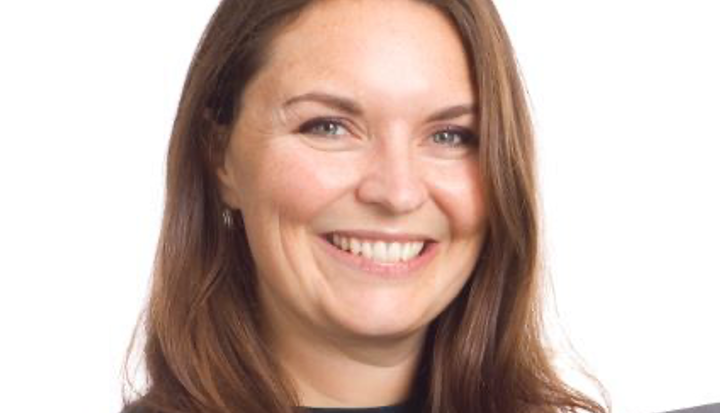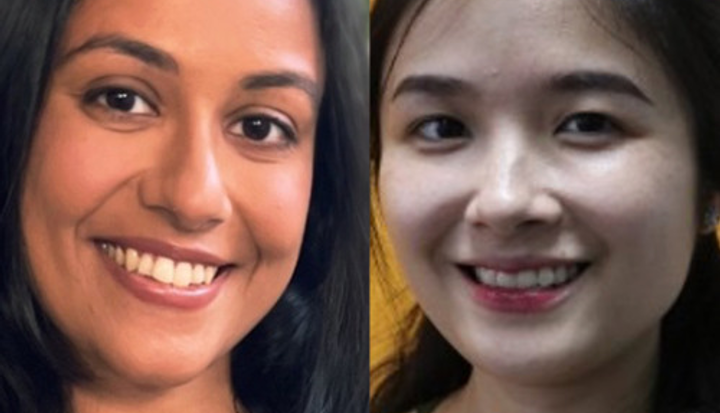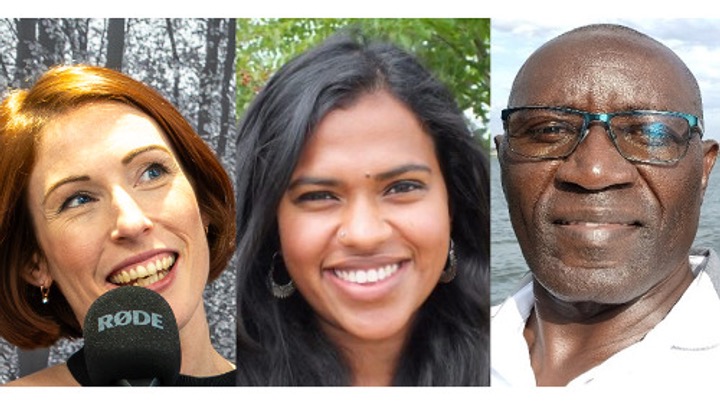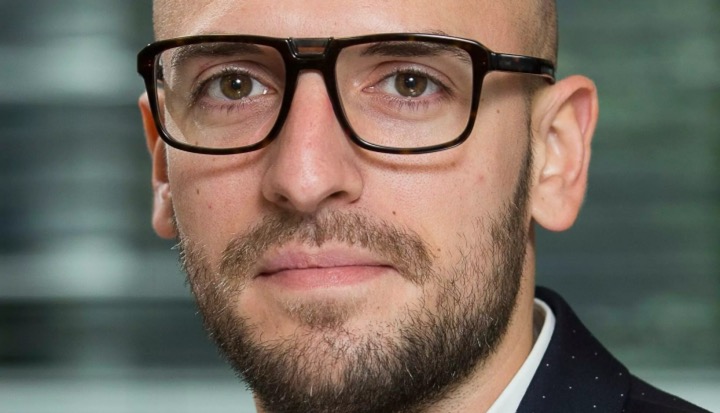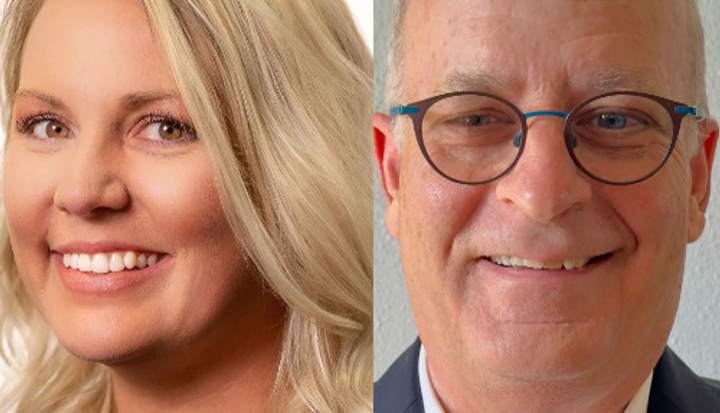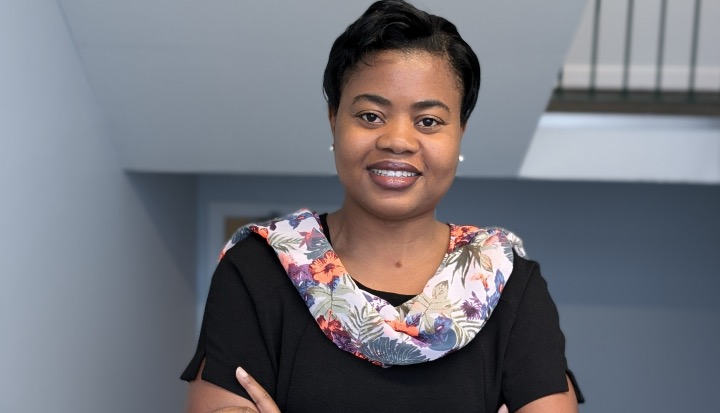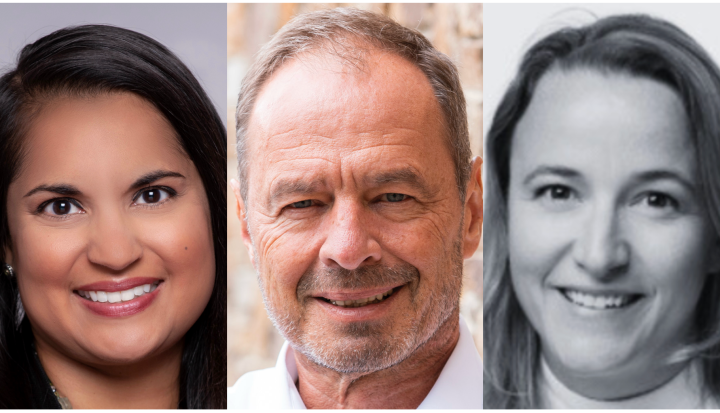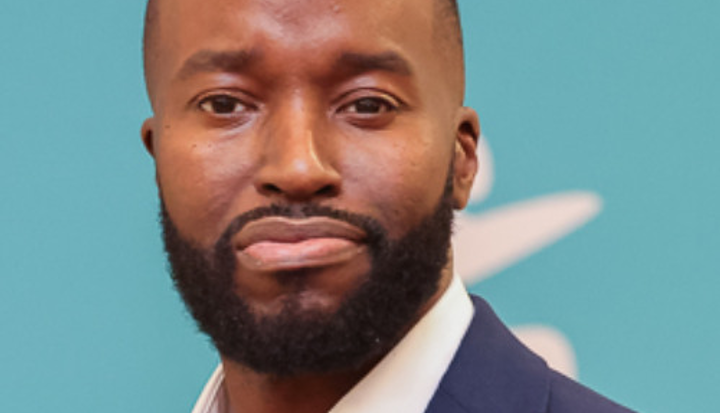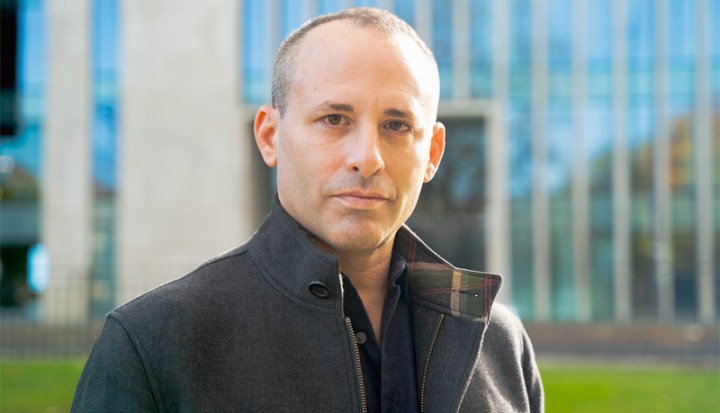BFP: What do you do?
JT: I work for the Global Partnership Initiative – or GPI – in the Office of the U.S. Secretary of State in Washington D.C. As the Deputy Special Representative for Global Partnerships, my job is to build public-private partnerships by creating connections when we see an opportunity for the government and the private sector to work together. I think of myself as a “yenta” – a matchmaker: I look at what our priorities and goals are at a given point, find out who is working in that space, and approach them to try to build a partnership.
We currently have four flagship initiatives that we are managing for the Secretary of State:
First, Partners for a New Beginning, which was established after President Obama called for a New Beginning with the Muslim world during his visit to Egypt two years ago. We work on the private sector aspect of this call for a new beginning, identifying companies active in those regions, especially those with corporate social responsibility programs that affect Muslim communities, and working with them to explore the scope for enhancing or expanding their programs – for example through making greater provision for the inclusion of women.
Second, GPI pushed for and launched the Global Alliance for Clean Cookstoves, a public-private initiative to combat indoor air pollution, while also saving lives, empowering women, and improving livelihoods through the promotion of clean cookstoves. We worked with agencies across the U.S. Government to convene the best partners to address this important issue, which has traditionally not been regarded as a top priority. In addition to the U.S. Department of State , the Alliance now includes the U.S. Department of Health and Human Services, Centers for Disease Control and Prevention, the U.S. Department of Energy, the U.S. Environmental Protection Agency (EPA) and the U.S. Agency for International Development (USAID). These partners have jointly pledged more than $50 million over 5 years, and contributions from other private and public donors have pushed this total to over $80 million.
Third, we manage the Secretary’s Global Diaspora Forum. The U.S. is home to over 60 million international migrants, out of a total population of around 300 million. These people make a huge contribution to supporting family and friends in their countries of origin: it is estimated that remittances are worth more than double the amount that flows to these countries in the form of foreign assistance. Yet we had no way of working with the Diaspora communities. The Global Diaspora Forum attempts to address this issue. This spring, we organised the first ever large-scale conference on the issue, which ran for three days in Washington D.C., and provided an excellent opportunity to share experiences and lessons learned from many successful Diaspora communities in the U.S., including Irish, Israeli, and Indian communities.
We also launched the International Diaspora Engagement Alliance (IdEA), an innovative platform for public-private partnerships designed to engage Diaspora communities, the private sector, and public institutions in a collaborative process. The goal of IdEA is to support the development of Diaspora-centered partnerships that promote trade and investment, volunteerism, philanthropy, diplomacy, entrepreneurship, and innovation in countries of origin.
And fourth, the 20II – Investing with Impact initiative brings the business community and civil society together to find ways to encourage more companies to “do good while doing well”, in pursuance of the “Shared Value” concept as promoted by Michael Porter and others. We are convening a major summit this fall, and plan to follow up with the launch of a number of impact investment hubs, the first of which will be in Brazil.
Finally, I want to mention our work in the field of lesbian, gay, bisexual and transgender (LGBT) rights, a subject which Secretary Clinton has been such a strong advocate for throughout her period in office. We are planning a major summit in December, which will provide an opportunity to exchange success stories in addressing the rights of people in the LGBT community, particularly through the use of social media.
BFP: What is the best part about your job?
JT: I like having the chance to be a “jack of all trades” – I can talk about helping rebuild Haiti in the morning, about LGBT rights issues in Poland in the afternoon and about promoting the use of clean cookstoves in China in the evening – all within the course of one working day. I constantly have the opportunity to think and act outside of the government bureaucracy box. I am absolutely convinced that I have the best job in the entire State Department!
BFP: What has been your greatest challenge (around business and development)?
JT: One of our biggest ongoing challenges is to get others inside the government bureaucracy to change their views and to understand that their job is not what is used to be: that instead of just reporting, they need to be engaging – bringing others to the table and finding ways to work together. There is still a lot of culture change that needs to happen inside government; people need to accept that working in partnership means you need to trust your partners and let go of some of the control. In exchange, we can achieve so much more than we ever would have been able to working on our own. To give just two recent examples, last year’s second Democracy Video Challenge, a joint effort with NBC-Universal, YouTube and many others, gave thousands of filmmakers from around the world a chance to express their views on democracy to a global audience and sparked a lively debate in various social media forums. Similarly, through the MTV Exit campaign, we reached hundreds of millions of households with a powerful anti-trafficking message, which we never would have achieved working alone.
BFP: How have you overcome these challenges? What lessons have you learnt?
JT: For culture change to happen, you need top-level leadership to consistently talk about the need to change the way we do things and to ensure this message filters into every area of our work – including our offices abroad. So, it is important to also get our ambassadors engaged in this process. At the staff level, practical training in how to set up and manage partnerships is an essential part of making this change happen. Finally, in terms of working more closely with business – we tend to go for the low-hanging fruit, reaching out to companies that express an interest in working with us, rather than spending our limited time and resources on trying to convert the large number of corporates that are not yet on board with this message. There are enough companies out there who want to engage in these kinds of partnerships – who want to “do good while doing well” – to provide us with a strong range of potential partners for most of our projects; although admittedly this is more of a challenge in some areas, such as LGBT rights.
BFP: If someone wants to do what you do, where should they start?
JT: Personally, I am a career bureaucrat, with 20 years of experience working in government. Prior to this job, I worked for the Department of Energy as well as the U.S. Agency for International Development (USAID), where I was involved in the Global Development Alliance. During this time, I garnered knowledge and experience in grant-making and program management, and then learned about partnerships – all of this has been invaluable to me in my current position. These days, development is a tough field to break into. My advice to someone starting out is to try and find an intern position in an organization active in this space; to find out who is doing what, and to learn what it takes to “make it” in this field. Although I have not worked in the private sector myself, I do think it would be very valuable to spend time in a company in order to understand how businesses work, and in particular how corporate social responsibility is run and how it tends to relate to core business in the companies that do it well.
BFP: Finally: what do you hope to get out of being part of this community?
JT: I use Business Fights Poverty to make connections. It is a great mechanism for reaching out to people who are interested in this space. Through Business Fights Poverty, I have found both networking opportunities and potential partners for some of our projects.
I am interested in exploring how we can work more closely with BFP, for example on arranging a conference to discuss HOW businesses are fighting poverty.
Thank you to Jim Thompson for taking the time to do this interview.
We’re always looking out for members to feature. Help us by taking two-minutes to update your profile, or by me****@bu*******************.org” target=”_blank”>nominating someone for Business Fights Poverty Member of the Week.
This Member of the Week interview was conducted by Hester le Roux, BFP Member Relations Manager. Read previous Member of the Week interviews here.

